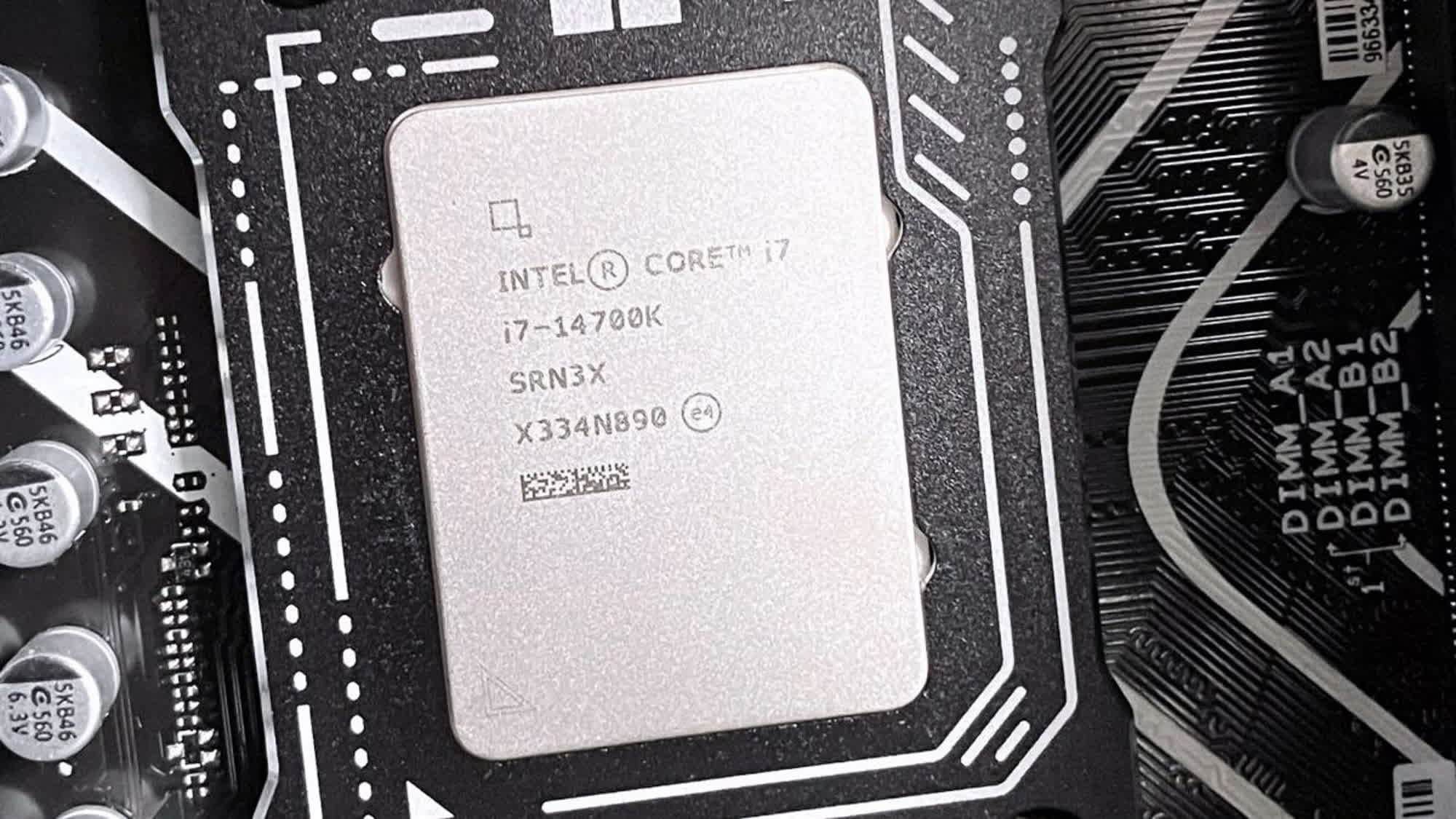In brief: Intel's problems keep racking up. In what should come as little surprise, the crashing and instability issues affecting its 13th- and 14th-gen processors have led to a law firm investigating the potential of a class action lawsuit against the company.
The issues affecting Intel Raptor Lake CPUs have been plaguing users for well over a year now. Intel initially suggested that overclocking and overvolting was to blame, suggesting users and OEMs return to the company's recommended baseline voltages.
In July, Intel finally identified the cause of the problems: a microcode algorithm error sent the wrong amount of voltage to CPUs. A patch is arriving this month, but it is mostly to prevent unaffected processors from being impacted. Those who have already suffered damage will have to replace their CPUs.
There have been signs that Intel could be facing legal action over the crisis: one retailer said Raptor Lake RMA returns are up four times compared to previous generations, a VFX studio says the failure rate for Raptor Lake is 50%, and we know the issues are also affecting all 65W and higher CPUs as well as the mainstream non-K models alongside their K/KF/KS variants.
Intel has pledged to replace all the damaged CPUs, which likely means having to deal with tens of millions of RMAs – an expensive process. Tom's Hardware reports that lawyers from Abington Cole + Ellery, a law firm specializing in class actions and intellectual property, want to make sure Intel lives up to its promise. One lawyer took to Reddit to ask for reports of Intel not honoring RMAs.
Intel says it has honored all RMA claims. The process requires a customer to send pictures of the CPU to the company. Once received, Intel will contact the owner for credit card information and ship a new CPU. It's then up to the owner to send their defective CPU to Intel, which will reverse the charge on the credit card. This RMA process comes with a $25 fee, but there's also the option to send Intel the defective CPU first and receive a new one later, without having to pay the fee.
There have been some reports of Intel refusing RMAs for CPUs, so the lawyers might find enough people to join the class action. But don't expect a lot of money if Intel goes to court and settles; AMD's $12.1 million settlement in the Bulldozer chips false advertising case led to average individual payouts of around $35 or less.
In other Intel news, the company is reportedly set to cut thousands of jobs globally as part of cost-cutting measures.

